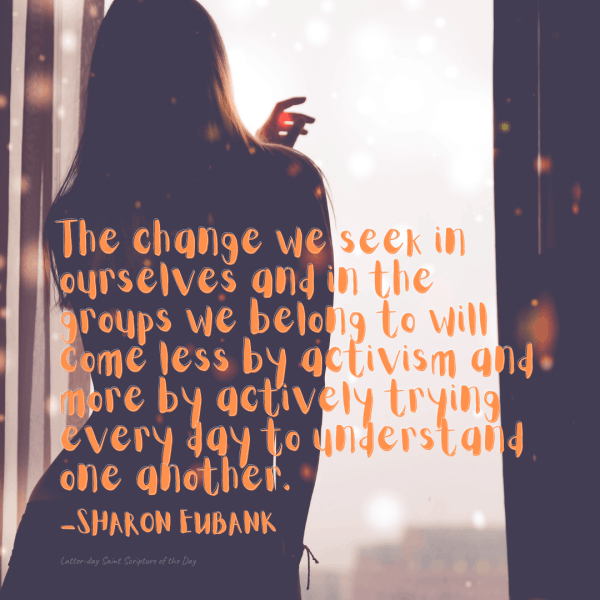Throughout history, the quest for understanding the divine has manifested in various forms, influencing myriad cultures and societies. The Bahá’í Faith presents a paradigm wherein God’s revelation is considered a progressive and ongoing process, known as “One Continuous Revelation.” This concept transcends the traditional notion of discrete religious dispensations, proposing instead that humanity has access to a singular, ever-evolving divine message tailored to address the unique challenges of each era.
At the core of Bahá’í teachings is the belief that there is a divine source of all religious truths, which can be traced through the successive revelations brought forth by various Prophets or Manifestations of God. These Manifestations, including Jesus Christ, Muhammad, Moses, Buddha, and the Prophet Muhammad, among others, are seen as divinely inspired educators, imparting guidance and wisdom suited to the needs of their time. Each of these figures is revered not merely as isolated icons but as integral components of a cohesive and coherent divine narrative.
The concept of progressive revelation posits that God, in His omniscience, has sent a succession of Messengers throughout history to meet the spiritual and social exigencies of humanity. In this view, the teachings of these figures do not contradict each other; rather, they collectively form a harmonious whole that leads to a deeper understanding of divine intention. This perspective invites followers to view religious history not as a series of fragmented events but as a continuous saga of divine guidance aimed at the transformation and elevation of human consciousness.
One of the most profound implications of this continuum is the notion of unity. As societies evolve, the principles that govern them must also adapt. The Bahá’í Faith emphasizes the unity of all people and the oneness of religion, positing that all faiths, despite their apparent differences, share a common origin. This idea resonates deeply in a world rife with division and discord. It offers a larger framework for dialogue among diverse cultures and beliefs, encouraging cooperation and understanding at every level of society.
Moreover, the teachings underscore the importance of the individual’s role within this divine narrative. Adherents are encouraged to engage with the evolving message of God, reassessing their interpretations and practices in light of contemporary insights and needs. This engagement is not merely passive; it necessitates an active, reflective, and proactive approach to spirituality. It invites individuals to cultivate a personal relationship with the divine while also fostering a collective consciousness aimed at the betterment of humanity.
Another layer of this vast theological landscape is the emphasis on the antidote to the challenges that modern civilization faces today. Issues such as inequality, war, and environmental degradation are addressed within this framework through principles of justice, equity, and sustainability. The Bahá’í teachings advocate for a radical transformation of societal structures, imploring humanity to build communities that reflect the ethical standards laid down by these divine revelations.
Within the Bahá’í community, there exists a profound appreciation for the arts and sciences as expressions of God’s revelation. The aesthetic and creative dimensions of human life are celebrated, reflecting on the belief that they too can illuminate paths to knowledge and understanding. The interplay between spirituality and intellect is critical to nurturing a holistic approach to education, wherein the cultivation of moral virtues stands alongside intellectual development. This dual emphasis encourages the breeding of an enlightened citizenry capable of fostering peace and collaborative coexistence.
A fascinating aspect of the Bahá’í teachings is the intrinsic belief in the recurring nature of the spiritual cycle. History’s lessons are revisited, allowing humanity to glean insights from the past while applying them to present circumstances. This cyclical understanding encourages believers to not only look forward but also reflect on the lineage of divine messages and their implications for those who have come before. It offers a vantage point from which one can glean wisdom from prior revelations, often synthesizing those insights into contemporary practices.
The principles of inclusivity and universality echo throughout the Bahá’í discourse. Unlike many traditional doctrines, which can sometimes be exalted to the detriment of others, Bahá’í teachings promote the idea that all paths lead to the same divine source. This perspective disavows dogmatism and encourages exploration, allowing individuals from all walks of life to find resonance within the framework of One Continuous Revelation. It subtly dissolves barriers and fosters a sense of belonging among diverse groups, amplifying the resounding call for global unity.
Ultimately, embracing the concept of One Continuous Revelation offers profound opportunities for spiritual and social transformation. It enriches the dialogue surrounding humanity’s purpose and potential, urging individuals to participate in a collective renaissance of human thought and action. As society navigates the complexities of modern existence, the teachings inherent within this framework compel a reimagining of both individual and communal aspirations through the lens of unity, justice, and continuous awakening to God’s eternal message.
In conclusion, the Bahá’í perspective on continuous revelation is not merely a theological notion; it is a clarion call for a deeper introspection on the interconnectedness of all living beings. By recognizing the divine thread woven throughout history, adherents can cultivate a rich tapestry of understanding that transcends divisions, inspires compassion, and envisions a luminous future—one intricately linked through the collective love and guidance of the divine.
